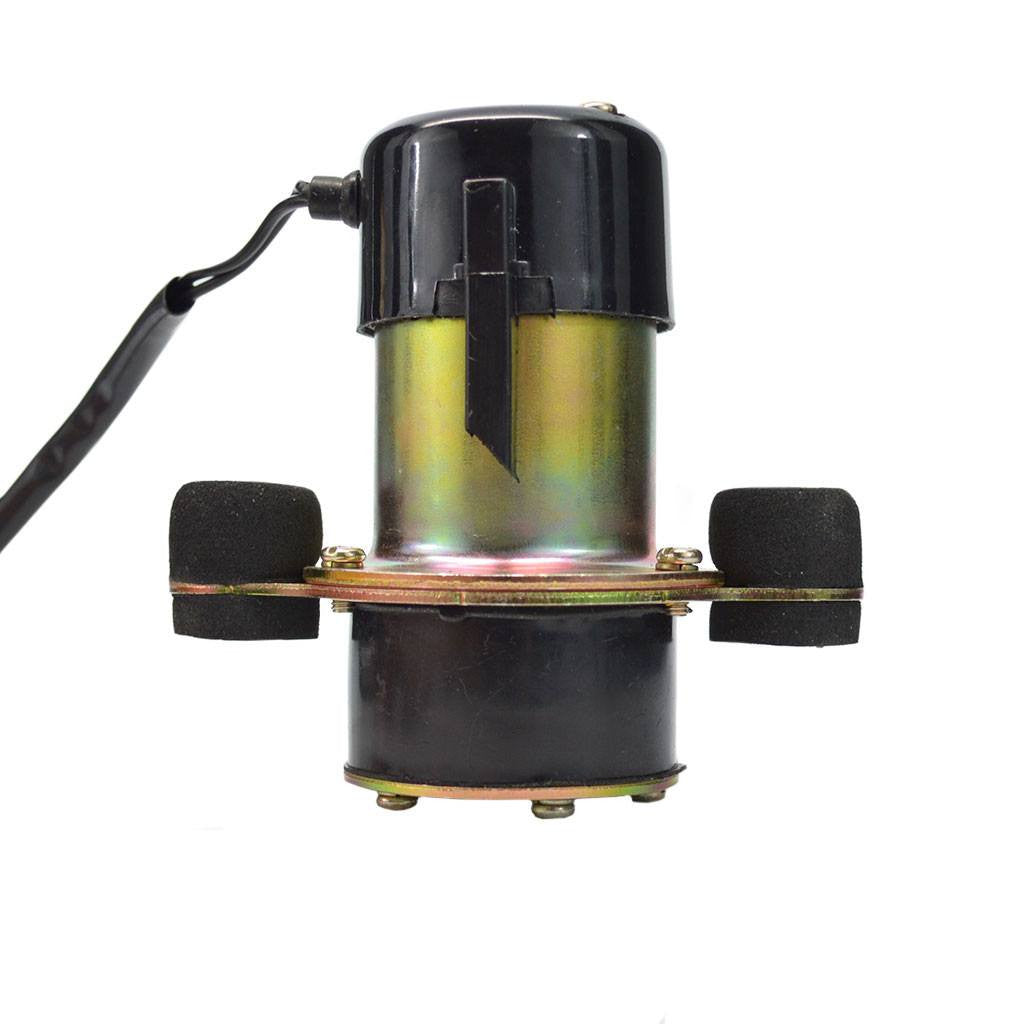In the world of automotive engineering, the fuel delivery system plays a crucial role in ensuring the efficient and reliable operation of an engine. Traditionally, mechanical fuel pumps have been the go-to choice for many vehicles. However, with advancements in technology, electric fuel pumps have emerged as a viable alternative. In this blog post, we will delve into the differences between these two fuel pump types and explore their advantages and disadvantages.
- Understanding Mechanical Fuel Pumps:
Mechanical fuel pumps have been around for decades and have proven their reliability in delivering fuel from the gas tank to the engine. These pumps are typically driven by the engine's camshaft or a separate eccentric shaft. They work by utilizing a diaphragm or a set of gears to create suction and draw fuel into the engine. Mechanical fuel pumps are known for their simplicity and durability, making them a popular choice for older vehicles and certain applications. - The Rise of Electric Fuel Pumps:
Electric fuel pumps, on the other hand, have gained popularity in recent years due to their superior performance and versatility. Unlike mechanical pumps, electric fuel pumps are powered by an electric motor, which allows for precise control over fuel delivery. These pumps are typically located inside the fuel tank, submerged in the fuel itself. Electric fuel pumps can generate higher fuel pressures and flow rates, making them suitable for high-performance engines and fuel-injected systems. - Advantages of Electric Fuel Pumps:
Electric fuel pumps offer several advantages over their mechanical counterparts. Firstly, they provide consistent fuel pressure regardless of engine speed, ensuring optimal fuel delivery under all conditions. Secondly, electric fuel pumps are quieter and produce less vibration compared to mechanical pumps. Additionally, their compact size and flexible installation options make them suitable for a wide range of vehicles. Lastly, electric fuel pumps are more resistant to vapor lock, a common issue in high-temperature environments. - Drawbacks of Electric Fuel Pumps:
While electric fuel pumps have many benefits, they also have a few drawbacks to consider. One major concern is their reliance on electrical power. In the event of an electrical failure, the fuel pump may cease to function, resulting in engine stalling. Moreover, electric fuel pumps can be more expensive to replace compared to mechanical pumps. Additionally, the complexity of electric fuel pump systems may require professional installation and maintenance.
Conclusion:
In the battle of fuel delivery systems, both electric and mechanical fuel pumps have their strengths and weaknesses. Mechanical fuel pumps excel in simplicity and reliability, while electric fuel pumps offer superior performance and versatility. When choosing between the two, it is essential to consider the specific requirements of your vehicle and the intended application. Whether you opt for the tried-and-true mechanical fuel pump or embrace the modern electric fuel pump, ensuring a well-functioning fuel delivery system is vital for the optimal performance of your engine.

More Stories
ATLAS COPCO 3002600320 PACKAGING KIT
Simple Structure and Principle of Radial Extrusion Molds
Kangchi Fastener Unveils Innovative Flange Nut Design to Enhance Industrial Efficiency